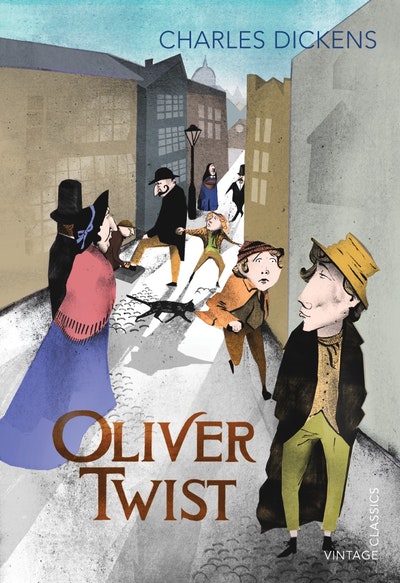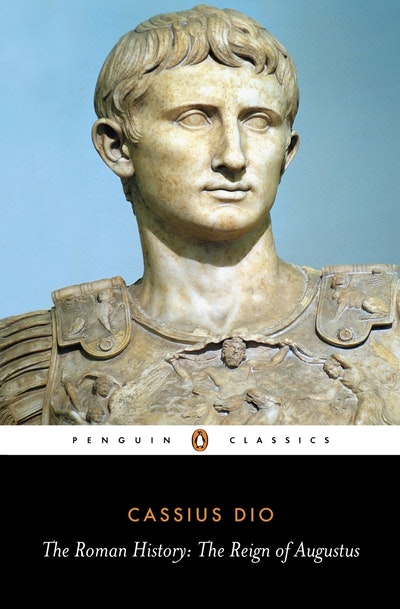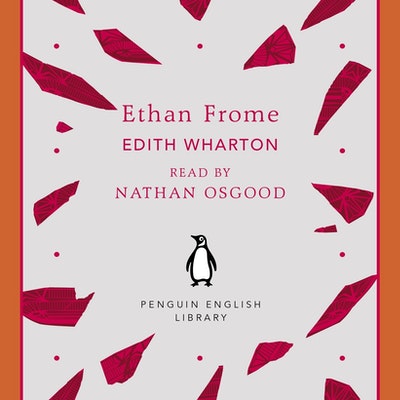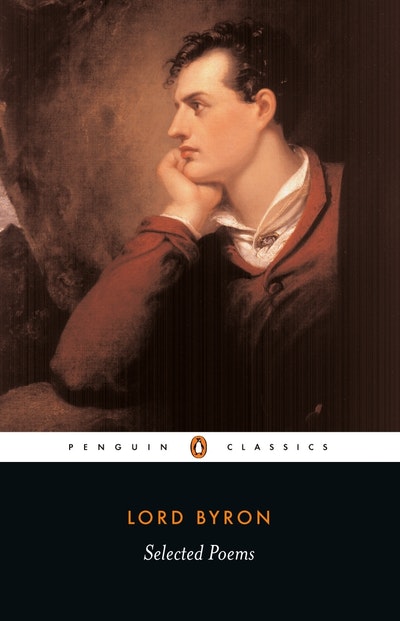[]
- Published: 24 November 2005
- ISBN: 9780140424508
- Imprint: Penguin Classics
- Format: Paperback
- Pages: 880
- RRP: $37.00
Categories:
Selected Poems
Buy from…
A generous selection from the most charismatic and infamous of the Romantic poets
Described as 'Mad, bad and dangerous to know' by one of his lovers, Lady Caroline Lamb, Lord Byron was the quintessential Romantic. Flamboyant, charismatic and brilliant, he remains almost as notorious for his life - as a political revolutionary, sexual adventurer and traveller - as he does for his literary work. Yet he produced some of the most daring and exuberant poetry of the Romantic age, from 'To Caroline' and 'To Woman' to the satirical English Bards and Scotch Reviewers, his exotic Eastern tales and the colourful narrative of Childe Harold's Pilgrimage, the work that made him famous overnight and gave birth to the idea of the brooding Byronic hero.
- Published: 24 November 2005
- ISBN: 9780140424508
- Imprint: Penguin Classics
- Format: Paperback
- Pages: 880
- RRP: $37.00
Categories:
Other books in the series
The Complete Fables
Aesop
A Dead Man's Memoir (A Theatrical Novel)
Mikhail Bulgakov
A Dog's Heart
Mikhail Bulgakov
The Man Who Was Thursday
G. K. Chesterton
The Black Tulip
Alexandre Dumas
The Lady of the Camellias
Alexandre Dumas fils
The Man in the Iron Mask
Alexandre Dumas
The Three Musketeers
Alexandre Dumas
Faust, Part I
Goethe
Faust, Part II
Goethe
Selected Poetry
Goethe Johann Wolfgang Von
The Nibelungenlied
Hatto A T
The Complete Odes and Epodes
Horace
The Garden Party and Other Stories
Katherine Mansfield
The Aeneid
Virgil
Species of Spaces and Other Pieces
Georges Perec
The Age of Alexander
Plutarch
Fall Of The Roman Republic
Plutarch
The Makers of Rome
Plutarch
On Sparta
Plutarch
The Rise And Fall of Athens
Plutarch
The Rise of Rome
Plutarch
Rome in Crisis
Plutarch
Man and Superman
George Bernard Shaw
Saint Joan
George Bernard Shaw
Botchan
Natsume Soseki
Kusamakura
Natsume Soseki
The Charterhouse of Parma
Stendhal
Love
Stendhal
The Red and the Black
Stendhal
Agricola and Germania
Tacitus
Annals
Tacitus
The Annals of Imperial Rome
Tacitus
Selected Poems
Rabindranath Tagore
Military Dispatches
The Duke Of Wellington
Around the World in Eighty Days
Jules Verne
Journey to the Centre of the Earth
Jules Verne
Twenty Thousand Leagues Under the Sea
Jules Verne
Treatise On Toleration
Voltaire
About the author
Lord Byron, born George Gordon Byron on January 22, 1788, inherited the barony in 1798. He went to school in Dulwich, and then in 1801 to Harrow. In 1805 he went up to Trinity College, Cambridge, later gaining a reputation in London for his startling good looks and extravagant behavior. His first collection of poems,Hours of Idleness (1807), was not well received, but with the publication of the first two cantos of Childe Harold's Pilgrimage (1812) he became famous overnight and increased this fame with a series of wildly popular 'Eastern Tales'. In 1815 he married the heiress Annabella Milbanke, but they were separated after a year. Byron shocked society by the rumored relationship with his half-sister, Augusta, and in 1816 he left England forever. He eventually settled in Italy, where he lived for some time with Teresa, Contessa Guiccioli. He supported Italian revolutionary movements and in 1823 he left for Greece to fight in its struggle for independence, but he contracted a fever and died at Missolonghi in 1824.
Byron's contemporary popularity was based first on Childe Harold and the 'Tales', and then on Don Juan(1819-24), his most sophisticated and accomplished writing. He was one of the strongest exemplars of the Romantic movement, and the Byronic hero was a prototype widely imitated in European and American literature.


















































































































































































































































































































































































































































































































































































































































































































































































































